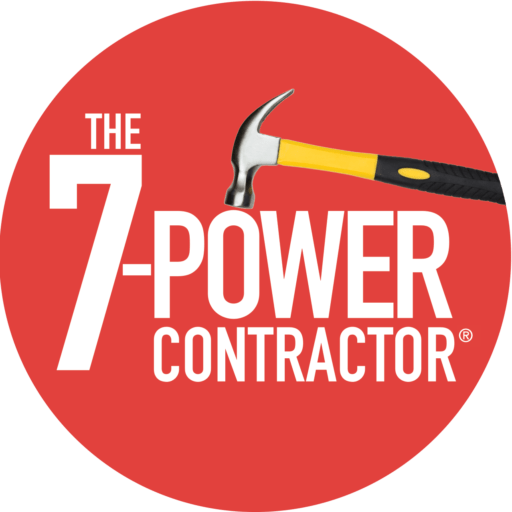Sorry for the hijack of Shakespeare’s line. But, it fits because what I’m often asked.
For those contractors who are looking to grow their company either beyond their existing service area or to better serve their already expansive service area, opening up a spoke shop in addition to the main office is something to consider.
When I work with clients, I share that my family business had as many as one main shop [what we called a hub] and three remote locations [what we called a spoke]. Think wagon wheel.
Long Island is named appropriately. It’s 115 miles tip to tip and traveling east to west or even south shore to north shore in New York suburban traffic is a nightmare at times. The Long Island Expressway [aka L.I.E.] is affectionately known as the world’s longest parking lot.
Our need for a central location and spoke shops was not so much based on geography alone but rather our ability to serve our existing customer base and those we were hoping to entice to become our customers better and faster. We were and still are a 24/7/365 responsive shop. And to do that effectively and minimize windshield time which is also called drive time or just non-billable hours [think of being stuck in a taxi in traffic and the meter is spinning]. The loss of profits can be huge!
We decided the best way to avoid driving to the edges of our usual service area and then driving back toward our main service area to only turn around a little later in the day to return to the remote edges of our service area was to open up a spoke shop.
A spoke shop is not a carbon copy of the hub shop. At a spoke shop, you normally don’t have accounts receivable, accounts payable, training centers, full warehouse and possibly not even a customer service representative or dispatcher there. Most highly effective shops who employ this scenario of hub and spoke shops successfully did as we did and elect to maximize control and profitability by keeping those activities all centralized at the hub.
The spoke shop in our case was managed by one of our highly-trained Field Supervisors who typically had arrived as an Apprentice and worked themselves up the Organizational Chart. They embodied the culture we wanted at our spokes. This also was where they, the Field Supervisor, could go and grow. This allowed us to give them a place to grow and a reason to stay with the company. All this minimized what I call the brain drain. Brain drain is when an employee gets to a point where they feel stuck and there’s no more upward movement. At that point, they can easily succumb to the lure of leaving and starting their own business and find out just how hard that can be. Bad for them and bad for us. Or, they can kick in the other side of the brain drain which is they can keep coming to work by bringing their body but not their heart and soul.
The trick we found in running successful spoke shops beyond having them managed by one of our Field Supervisors is to link it to an acquisition so we could create a beachhead. A place that had a ringing phone from the start mixed in with our own calls from our customers ensured we could afford to make more Techs work there and they’d be on money-making calls vs. sitting in their truck driving [or, just sitting in traffic].
The other trick we found to having and maintaining successful spoke shops is to have ownership [in our case, me, my two brothers and my dad] rotate out to the spoke on a regular basis [never less than one visit per week] unannounced. It did a couple of positive things. It made the people out there not feel like they were outcast from the main organization and it let them know that we’re keeping them accountable to the same high standards we had in the main shop.
Many companies can’t open up a spoke shop across the street let alone the desired 30 minute to 1 hour drive time circle form the hub shop. That’s because they don’t have the ability to build managers from the ground up and they don’t have their systems down pat. Their companies can’t be stretched beyond the owners’ and managers’ ability to micromanage everything and everyone.
So, should you spoke shop or not spoke shop?
Don’t hate me….it depends.
It depends if you need to expand beyond your current service area because:
- There isn’t enough population
- There isn’t enough of the right type of customers
- There are greater opportunities beyond the hub location
Then, if it’s a good idea to open up a spoke anywhere between 30 minutes to 1 hour drive circle away, you’ll be well-served to have the following:
- Documented policies and procedures
- A manager ready to take this next step because they can repeat your culture away from the main shop
- A company acquired in the spoke location so you can come out of the gate with enough calls to warrant the investment to create a profitable spoke shop
- The ability to do remote call-taking, dispatching, accounts receivable and accounts payable work at the main shop. All of which is greatly enhanced with today’s technology.
There’s a ton of upside to having a hub and spoke shop network if you’re ready to get your resources lined up and commit the time, effort and money to make it work and work well.
